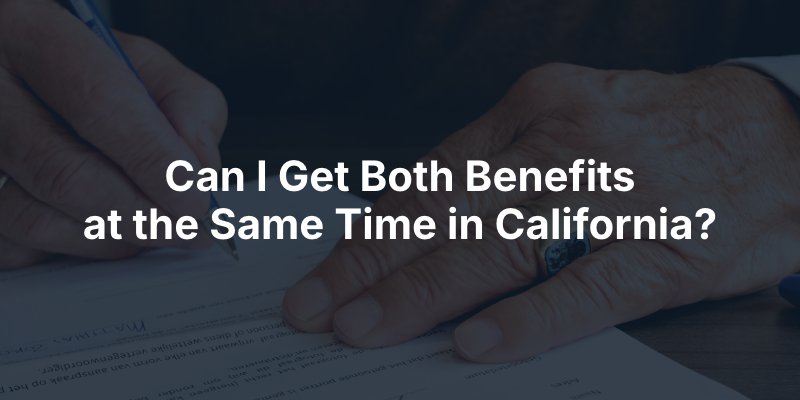If you have a serious work-related injury or illness, you may qualify for both Social Security Disability Insurance (SSDI) and workers’ compensation. However, receiving both at the same time may affect the total amount of your SSDI payments due to federal offset rules. Contact our Orange County workers’ comp lawyers to discuss your legal options today.
Social Security Disability Insurance (SSDI) is a federal program administered by the Social Security Administration (SSA). It provides monthly benefits to individuals who are unable to work due to a long-term or permanent disability. To qualify, you must have a sufficient work history and a medical condition that prevents you from performing substantial gainful activity for at least 12 months. SSDI is not tied to your job injury specifically—it covers any qualifying disability, whether work-related or not.
California employers with one employee or more must carry workers’ compensation insurance that provides benefits to employees who suffer job-related injuries or illnesses. These benefits may include:
Workers’ comp benefits are not based on your work history or federal rules. They are tied to your injury and employment status.

You can receive SSDI and workers’ compensation benefits at the same time, but you cannot receive full payments from both without possible reductions. The SSA applies a rule known as the workers’ compensation offset to prevent “double dipping.”
Under this rule, the combined total of your SSDI and workers’ comp payments cannot exceed 80% of your average current earnings before you became disabled. If it does, the SSA will reduce your SSDI benefit accordingly.
For example, if you were earning $5,000 per month before your injury and receive $3,000 from workers’ comp, your SSDI would be reduced so that your combined monthly benefits do not exceed $4,000 (which is 80% of $5,000). Once your workers’ compensation benefits end, the SSA may adjust your SSDI payments back to the full amount.
The SSA uses several formulas to calculate your “average current earnings,” and will choose the method that results in the highest figure. This protects you from receiving too small an SSDI benefit. The offset only applies to public disability benefits, not private insurance or VA disability compensation. In some cases, structured workers’ compensation settlements can be written in a way that reduces or eliminates the SSDI offset. This requires careful planning and legal assistance.
If you are applying for SSDI while receiving workers’ compensation—or planning to settle a workers’ comp claim—it is highly recommended to speak with our Orange County workers’ compensation attorney at Aegis Law today. A qualified attorney can help you:
A workers’ compensation attorney in Orange County understands how to navigate both systems and will advocate for your best outcome.